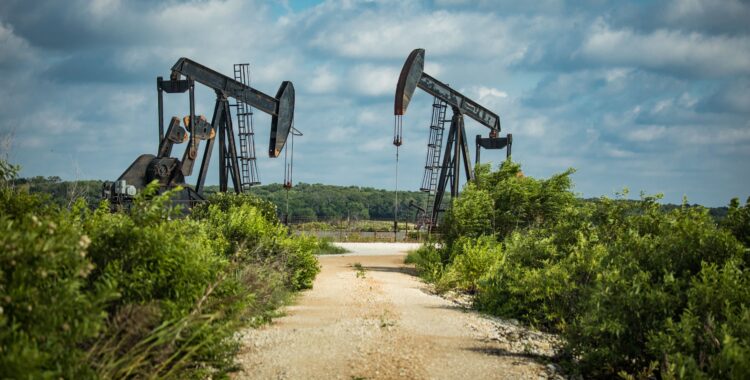Understanding the Common Causes of Oil and Gas Work Accidents: Exploring Safety Hazards in the Industry
Working in the oil and gas industry can be both rewarding and challenging. However, it’s no secret that it’s one of the most dangerous industries in terms of workplace accidents and injuries. Understanding the common causes of oil and gas work accidents is crucial for both employers and workers to mitigate risks and ensure a safer work environment.
In this blog post, we’ll delve into the various safety hazards present in the oil and gas industry and explore the factors contributing to work-related accidents.
1. Equipment Malfunction:
One of the leading causes of accidents in the oil and gas industry is equipment malfunction. The heavy machinery and complex equipment used in drilling, extraction, and refining operations are susceptible to mechanical failures, which can result in catastrophic accidents. Whether it’s a blowout preventer failure on an offshore rig or a malfunctioning valve in a processing plant, equipment failures can have devastating consequences for workers’ safety.
2. Human Error:
Despite advances in technology and safety protocols, human error remains a significant factor in oil and gas work accidents. Fatigue, lack of training, improper maintenance, and complacency are just a few examples of human factors that can contribute to accidents. From operating heavy machinery to conducting maintenance tasks, human error can lead to serious injuries or fatalities if proper precautions are not taken.
3. Hazardous Chemicals and Substances:
The oil and gas industry involves working with various hazardous chemicals and substances, including volatile hydrocarbons, toxic gases, and corrosive materials. Exposure to these substances can pose significant health risks to workers, ranging from respiratory problems and chemical burns to long-term illnesses such as cancer. Improper handling, storage, or disposal of hazardous materials can increase the likelihood of accidents and environmental contamination.
4. High-Pressure Environments:
Oil and gas extraction operations often take place in high-pressure environments, particularly during drilling and well completion activities. The immense pressure exerted by reservoirs can pose serious risks if not properly managed, leading to blowouts, well control incidents, and other catastrophic events. Ensuring the integrity of well control systems and implementing effective pressure monitoring measures are essential for preventing accidents in high-pressure environments.
5. Transportation and Vehicle Accidents:
The transportation of oil, gas, and related products involves the use of trucks, tankers, and other vehicles, which can be prone to accidents, especially on busy highways and remote oilfield roads. From collisions and rollovers to hazardous material spills, transportation-related accidents pose significant risks to workers, other motorists, and the environment. Implementing strict safety protocols, driver training programs, and vehicle maintenance standards are essential for reducing the likelihood of transportation accidents.
While the oil and gas industry plays a crucial role in powering our economy, it’s imperative to recognize and address the safety hazards inherent in the industry. By understanding the common causes of oil and gas work accidents and implementing proactive safety measures, employers can create safer work environments and protect the well-being of their workers. Additionally, workers should be vigilant, follow safety protocols, and report any safety concerns to prevent accidents and injuries on the job. Together, we can work towards minimizing the risks associated with oil and gas work and fostering a culture of safety and accountability in the industry.

